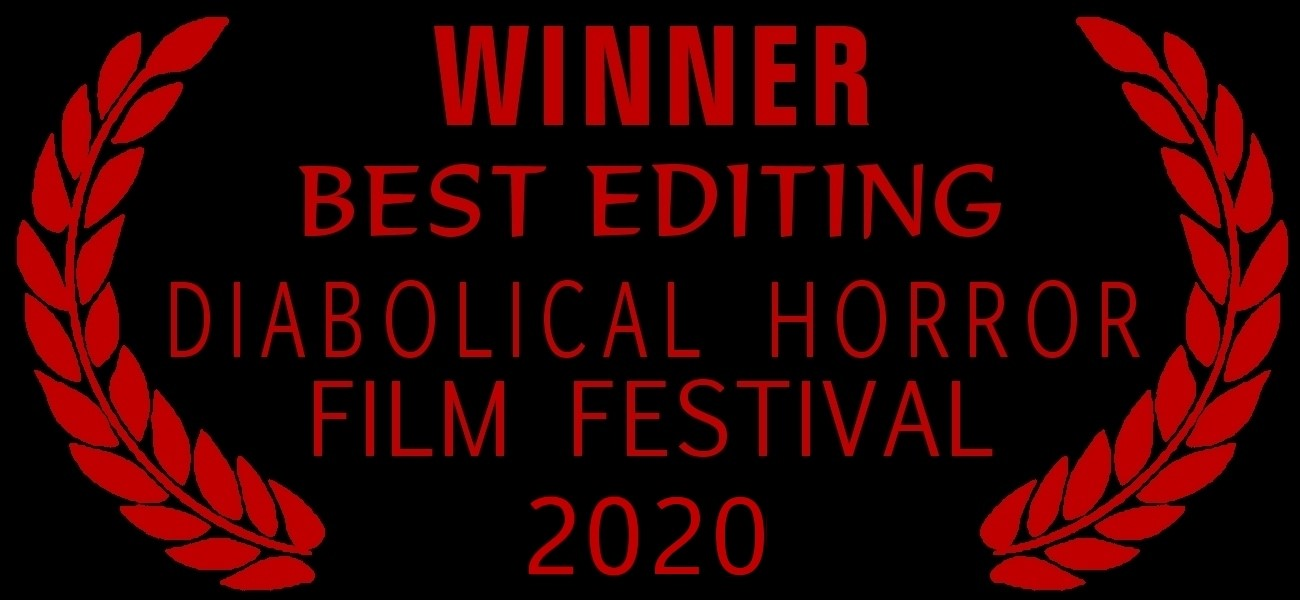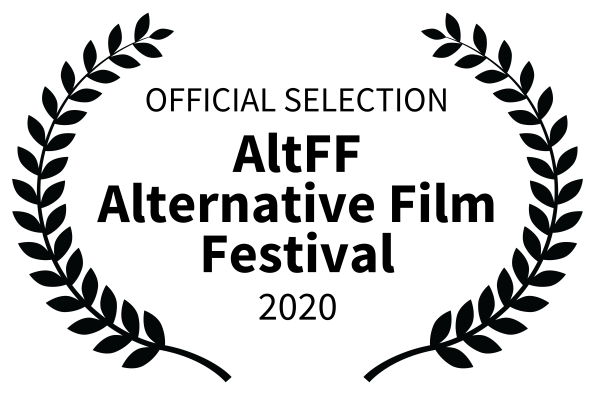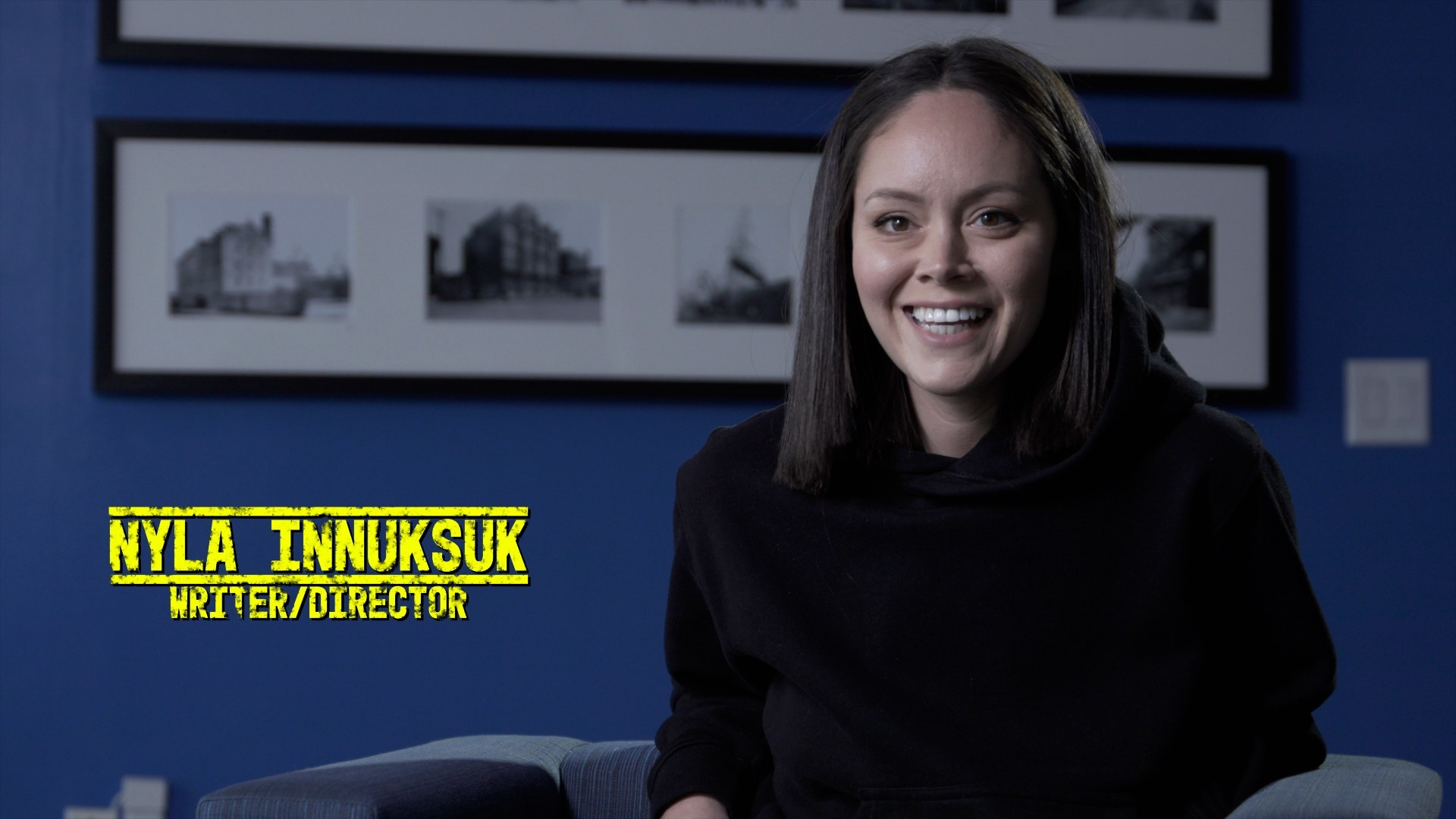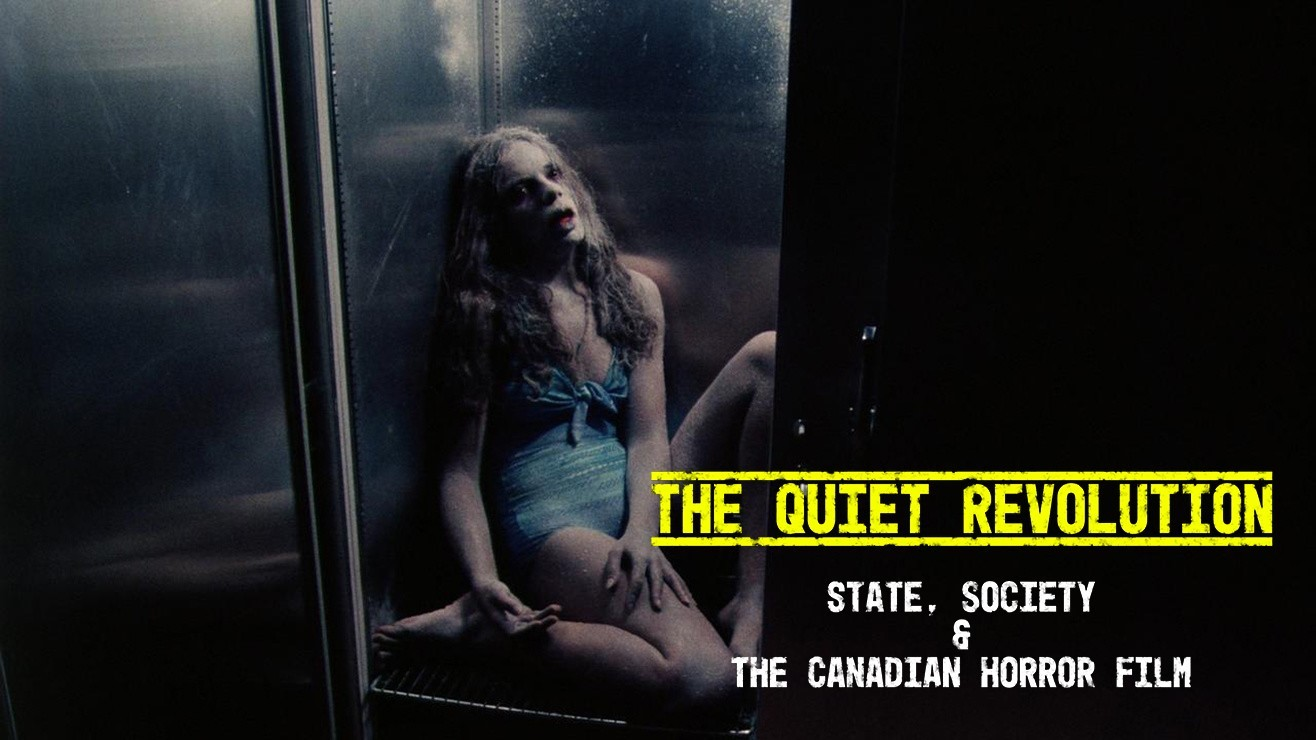PROJECT OVERVIEW
This two-part UK/Canadian produced documentary provides an extensive analysis of horror cinema trends from the 1960s to the present day. It critically evaluates Canadian traditions of the genre through a range of pertinent methodologies in order to explore wider tensions surrounding national identity (part one, 70 minutes), as well as the struggles for representation as advanced by female and indigenous filmmakers (part two, 52 minutes).
In so doing, this practice as research output advances previous documentary work on Canadian cinema and society that Professor Xavier Mendik completed with his 2016 documentary Tax Shelter Terrors. Through its extended analysis of that earlier production, The Quiet Revolution employs a range of historical and sociocultural methodologies derived from academic studies of Canadian national cinema and studies of indigeneity, applying these perspectives to the following research questions:
- To what extent can 1960s and 1970s horror films be seen as reflecting wider social and historical tensions within Quebecois society?
- What does the critical reception of Quebecois horror reveal about the wider funding structures that underpinned 1970s populist film production?
- What was the historical significance of Toronto based film education to 1980s horror production trends?
- How are identity politics and diaspora filmmakers shaping debates within contemporary Canadian horror cinema?
As part of this investigation, the documentary draws in a range of archival resources (including those from the Cinépix Films estate and the Canadian Film Centre), whilst the project also provides interviews with 17 leading filmmakers and scholars associated with the subject under review.
ARTEFACT 1
The Quiet Revolution: State, Society and the Canadian Horror Film (Official Trailer)
ARTEFACT 2
The Quiet Revolution: State, Society and the Canadian Horror Film (2020 Full Festival Cut)
Gallery 1
The Quiet Revolution Production Diary
As part of its production process, The Quiet Revolution incorporated new interviews with 17 leading Canadian filmmakers, producers and performers associated with Canadian horror film production from the 1970s to the present day. Following the wider research remit of the project, these interviews form a mode of critical reflection connected with wider issues of national identity and social/gender politics explored in the documentary.
Interviews were arranged in 3 broad sections in the planning stage of the project:
- Separatist Visions: Filmmakers whose works reflected regional and political tensions in Québec during the 1970s.
- New Centers of Education: Horror filmmakers who emerged from the Canadian Film Centre during the 1990s
- Indigenous and Feminist Visions: Contemporary Filmmakers whose representations of gender and ethnicity are challenging notions of Canadian national cinema.
The enclosed Production Diary captures some of interview sessions undertaken at this stage of the project.
COMMENTARY
UNDERPINNING RESEARCH
The documentary The Quiet Revolution was derived from research undertaken by Professor Mendik for his earlier 2016 practice as research production Tax Shelter Terrors, which also explored social and historical tensions within Canadian genre cinema. The Quiet Revolution extends the historical scope of enquiry outlined within that earlier 2016 production, whist also providing primary examinations of indigeneity and gender within contemporary Canadian horror film.
The portfolio remains original for its practice as research extrapolation of established theoretical debates around Quebecois filmmaking/national cinema contexts and Canadian concepts of diaspora as applied to horror cinema. Currently, accounts of Canadian horror (Vatnsdal [2004], Mathijs [2008] and Freitag & Loiselle [2015]) limit their focus to individualised directors or fail to situate these studies against the wider French-Canadian tensions that underpinned their creation. Equally, while discussions of indigenous cinema are also embedded within the subject area (Gittings [2002]) they remain isolated within ethnographic/documentary strands, with the portfolio giving primary theoretical coverage to first nations/diasporic trends in Canadian horror.
Through these considerations, the documentary seeks to contribute new knowledge to not only the study of Canadian national cinema, but also to the wider field of practice as research. Specifically, the portfolio provides a significant example of UK/Canadian researchers being commissioned to produce on a documentary that offers a historical and sociocultural consideration of Canadian cinema patterns, with the finished production being promoted on its academic merits by a commercial film distributor.
PRESENTING THE ARTEFACT
The Quiet Revolution: State, Society and the Canadian Horror Film was initially commissioned by film distributor 101 Films as two related documentary productions. Part 1 of the portfolio constitutes a documentary production of 70 minutes in duration, which was distributed across the UK in July 2019 on the 101 Films Blu-ray release of David Cronenberg’s Rabid (1977). Part 2 of the portfolio constitutes a documentary production of 52 minutes in duration, which was distributed across the UK in July 2019 on the 101 Films Blu-ray release of Jennifer and Sylvia Soska’s remake of Rabid (2019).
The positive critical appraisal of the UK wide release led to Professor Mendik to create a 2020 festival cut of The Quiet Revolution. This edition was targeted at international festival exhibition and was premiered at a range of international conferences and film festivals across the UK and Ireland, Europe, USA and Canada. A contextual introduction situating the documentary in light of wider research in the field was provided to each of these exhibitions.
THE ROLE OF THE NARRATOR
The Quiet Revolution employs Professor Ernest Mathijs (University of British Columbia) as the academic narrator for the documentary. The choice of Professor Mathijs reflects the significance of his existing research profile on 1970s Québecois horror cinema, alongside his additional expertise around the genre productions that emerged from Toronto’s Canadian Film Centre in the 1990s.
As well as acting as the narrator for the documentary, Professor Mathis co-researched the documentary production alongside Professor Mendik as well as supervising some of the interview sessions that appear in the final production.
Professor Mathijs’ narration provides an academic framing device across the following five areas of the documentary:
- The importance of the Quiet Revolution as a cinematic, social and cultural phenomenon within 1970s Canada.
- The significance of horror film production trends to wider discourses of sexual liberation and the separatist movement during this era.
- The relevance of Toronto’s Canadian Film Centre to the development of horror film culture during the 1990s.
- The importance of new female filmmakers to modern conceptions of Canadian horror cinema.
- The significance of new indigenous horror filmmakers in reshaping notions of Canadian identity.
THE RECEPTION
Both parts of The Quiet Revolution: State, Society and the Canadian Horror Film were released by 101 Films across the UK between July-October 2019. To date, both parts of the documentary have sold in excess of 5,500 copies, and have also generated positive media reviews across the following outlets:
https://www.starburstmagazine.com/reviews/rabid-1977
http://wearecult.rocks/blu-ray-review-rabid
http://www.cineoutsider.com/news/stories/19/07/190703.html
https://www.flickeringmyth.com/2019/08/blu-ray-review-rabid-1977-2/
The 2020 festival cut of The Quiet Revolution was screened at a number of international film festivals and conferences including:
- Cine-Excess International Film Festival and Conference, November 2019, Birmingham, UK.
- Montreal Independent Film Festival, September 2020, Canada (Best Documentary Award)
- Ontario International Film Festival, October 2020, Canada (Semi Finalist).
- Diabolical Film Festival, October 2020, USA (Best Editing Award).
- Nightmares Film Festival, October 2020, USA.
- Indie, Suspense, Horror, Sci-Fi Film Festival, October 2020, USA.
- Sitges International Festival of Fantastic Film, October 2020, Sitges, Spain.
- Splat! Film Festival, November 2020, Poland.
- AltFF Alternative Film Festival, December 2020, USA (Semi Finalist).
- GeekFest, February 2021, USA (Semi Finalist).
- BAFTSS Annual Film and Television Studies Conference, April 2021, UK.
SUBSEQUENT RESEARCH
During the development of The Quiet Revolution documentary, a number of related chapters were developed for publication in the Xavier Mendik and Julian Petley (eds) volume Shocking Cinema of the Seventies (Bloomsbury, 2020). These charted how 1970s Canadian horror films came to reflect wider social and historical tensions within Quebecois society, as well as outlining the range of interview-based resources employed in the documentary.
LINKS TO CHAPTERS
- Shocking Canadian Cinema of the Seventies: An Interview with William Fruet
- Tax Shelter Terrors: Cinépix and the hidden history of 1970s Canadian horror cinema
AWARDS








